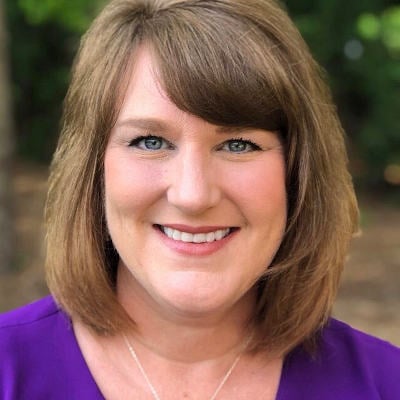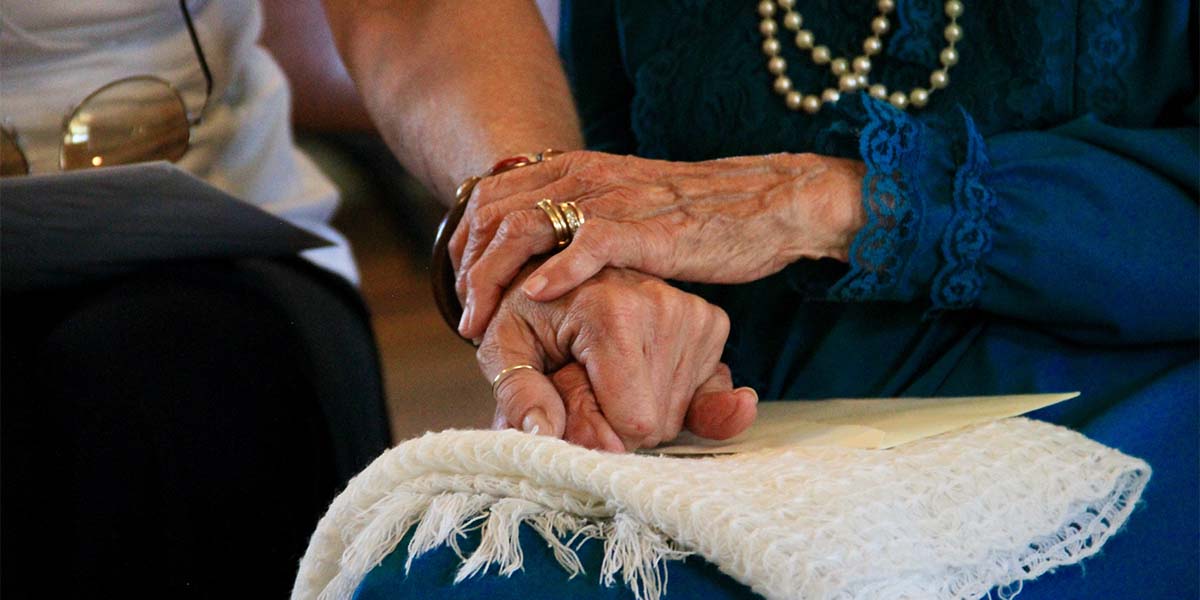
Depression Among Healthcare Professionals
Depression among healthcare professionals is very common due to the nature of what their jobs entail. Both physical and mental health professionals spend the majority of their time helping people in some very traumatic and difficult situations. Because of this, it is vitally important that professionals take very good care of themselves. Unfortunately, this does not always happen. Burnout and depression can occur. Research has shown that suicide rates among doctors and nurses are the highest among healthcare professionals. The numbers are quite staggering. Mental health professionals also have a high rate of depression and can be part of what is called “disengagement and burnout”. Doctors and nurses often work very long hours, preventing them from being able to fully enjoy their free time. They always have the feeling of being “on-call”, and the life and death decisions they must make can take a toll. This phenomenon also affects therapists, counselors, psychologists, and other mental and behavioral health professionals. Mental health professionals can find it difficult to leave their work in the workplace. The stories they hear and the clients they see can often leave an impression that is not easily forgotten. This is sometimes referred to as secondary trauma. Mental health professionals can also be drawn into working extra-long hours in their attempts to help support their clients. The result is a lack of self-care on the part of the professional. Even those who care for the health of animals, such as veterinary technicians and veterinarians can be susceptible to depression and anxiety, as a result of the emotional toll working with animals can have on them.
According to Psych Central, there are four stages of burnout that professionals need to be aware of, as well as several signs to be mindful of.
The Four Stages of Burnout
- Enthusiasm – The tendency to be overly-enthusiastic which generally leads to over-availability and a tendency to over-identify with the client.
- Stagnation – Expectations become more normal, but a sense of dissatisfaction can enter in.
- Frustration – As difficulties seem to increase, the helper can become bored, less sympathetic and tolerant, resulting in avoidance and withdrawal from both professional and personal relationships.
- Apathy – This mental state manifests as depression and listlessness.
Signs of Burnout
- Missing or being late for appointments
- Ending sessions early, constantly losing focus
- Unethical behavior, or trying to get own needs met through clients
- The feeling of never being able to escape work – even at home
- Using inappropriate means of relieving stress, such as excessive drinking
- Judgmental feelings toward clients, such as jealousy or irritability
Burnout and depression are often the results of professionals wanting to be all and give their all to their clients with little thought of taking good care of themselves. If you believe that you are suffering depression or burnout, do not hesitate to contact Lifeologie Counseling Durham. One of our counselors can support you in creating a plan for self-care. Mental Health counseling for those in the helping profession is critical and necessary for total mental health and wellness.

About Elizabeth Grady
Elizabeth “Liz” Grady is a Licensed Clinical Mental Health Counselor and Clinical Supervisor (LCMHCS), a Nationally Certified Counselor (NCC), a Certified Clinical Trauma Professional (CCTP) and a Board Certified Tele-Mental Health (BC-TMH) Counselor. She earned her MA in Counseling and her PhD in Counselor Education from North Carolina State University. She has advanced training in Eye-Movement Desensitization and Reprocessing (EMDR), Dialectical Behavior Therapy (DBT), Acceptance and Commitment Therapy (ACT), Motivational Interviewing (MI), and Cognitive Behavior Therapy (CBT). She specializes in stress management, school/employment, relationships, and past and present life experiences, including childhood maltreatment and trauma. She sees adolescents, adults, and families at Lifeologie Counseling Raleigh.
Meet Me



